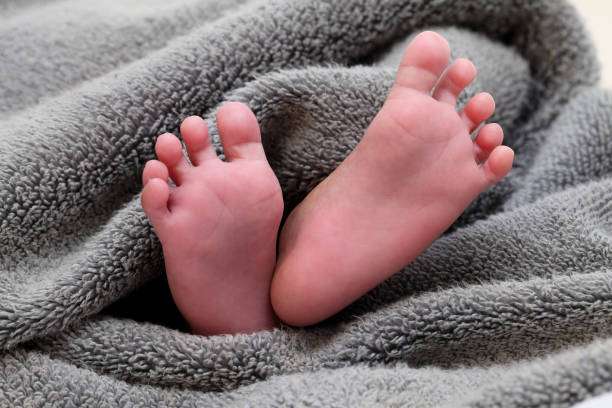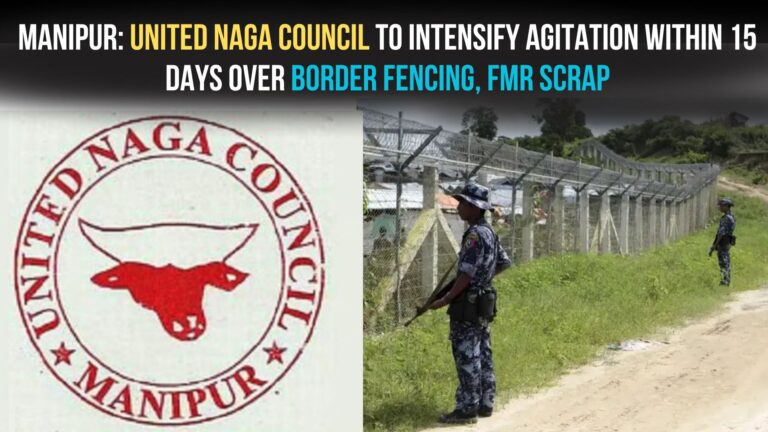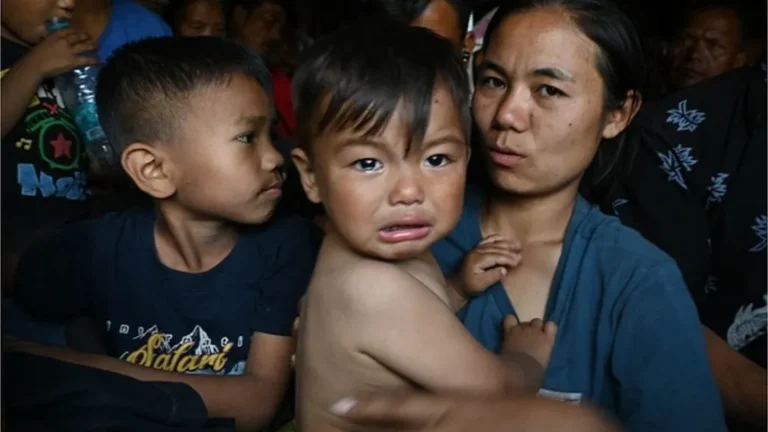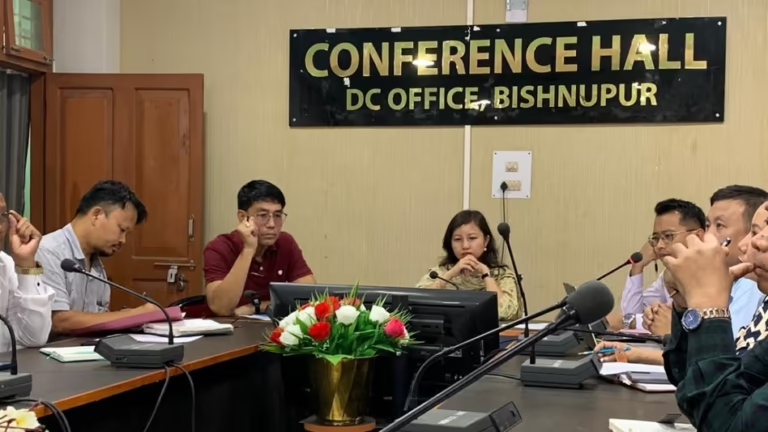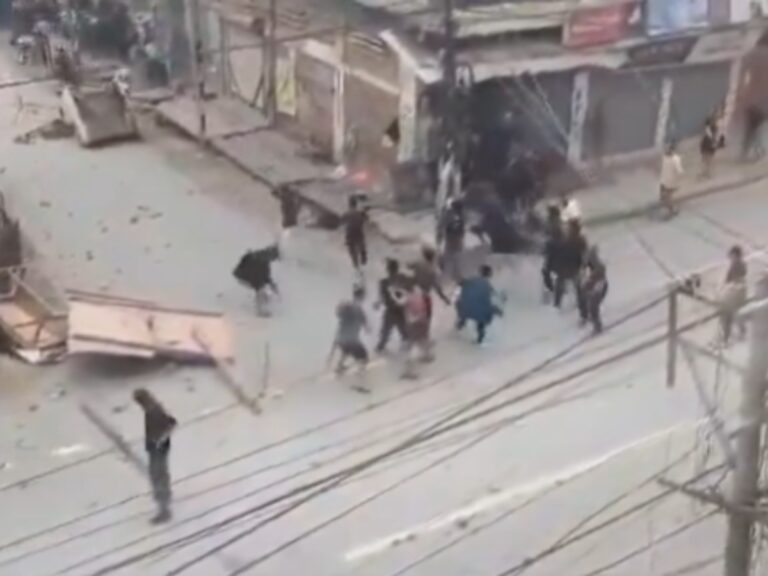Assam Newborn Sale Shocks the Nation: Mother allegedly sells newborn for Rs 50,000 at Sivasagar hospital, three arrested
Summary of the Incident
A 22‑year‑old unmarried woman in Sivasagar, Assam, allegedly sold her newborn child for ₹50,000 shortly after giving birth at Sivasagar Civil Hospital on June 23. Despite intervention by the Child Welfare Committee, who counseled her against the act, she completed the transaction before hospital discharge. The deal came to light on July 10, leading police to register a case. Three individuals—including the mother, her own mother, and an ASHA worker—have been arrested. The newborn’s current whereabouts remain unknown as authorities work to locate the child
1. What Happened & Where?
On June 23, 2025, at the Sivasagar Civil Hospital in Assam, a 22‑year‑old unmarried woman gave birth. Facing dire circumstances, she allegedly sold her newborn for ₹50,000 before the official hospital discharge. The sale came to light on July 10, triggering swift police action .
2. Who’s Involved?
- The Mother: Young, unmarried, and clearly pressured—both socially and economically.
- Her Mother: Involved in facilitating the transaction.
- An ASHA Worker: Allegedly helped broker the deal. ASHA workers are community health volunteers, a role steeped in trust.
All three have been arrested, and investigations are ongoing .
3. Timeline
- June 23: Baby delivered.
- CWC Visit: Child Welfare Committee tries to counsel both mother and grandmother.
- Before Discharge: Newborn sold secretly.
- July 10: Authorities alerted—a complaint filed.
- Post‑Complaint: Police investigate, arrest three, baby missing
Frequently Asked Questions (FAQs)
Q1: Is selling a baby illegal in India?
A: Absolutely. Selling or trafficking infants violates the Child (Protection) Act and IPC, punishable by long-term imprisonment and fines.
Q2: Why involve an ASHA worker?
A: ASHA workers are trusted liaisons in maternal care. Their betrayal is devastating—using that trust to facilitate an illegal sale worsens the crime.
Q3: Didn’t the CWC stop it? Why didn’t that work?
A: They intervened—but lack of enforcement and hospital oversight meant counseling wasn’t enough. Systems need teeth, not just advice.
Q4: How can we prevent such incidents?
A: Tighter hospital protocols, accessible safe-birth schemes, social support for single mothers, and strict accountability for public health workers.
Q5: What can the public do?
A: Raise awareness, support NGOs aiding vulnerable mothers, pressure authorities for transparent protocols, and call for legal reforms to protect mothers and babies alike.
